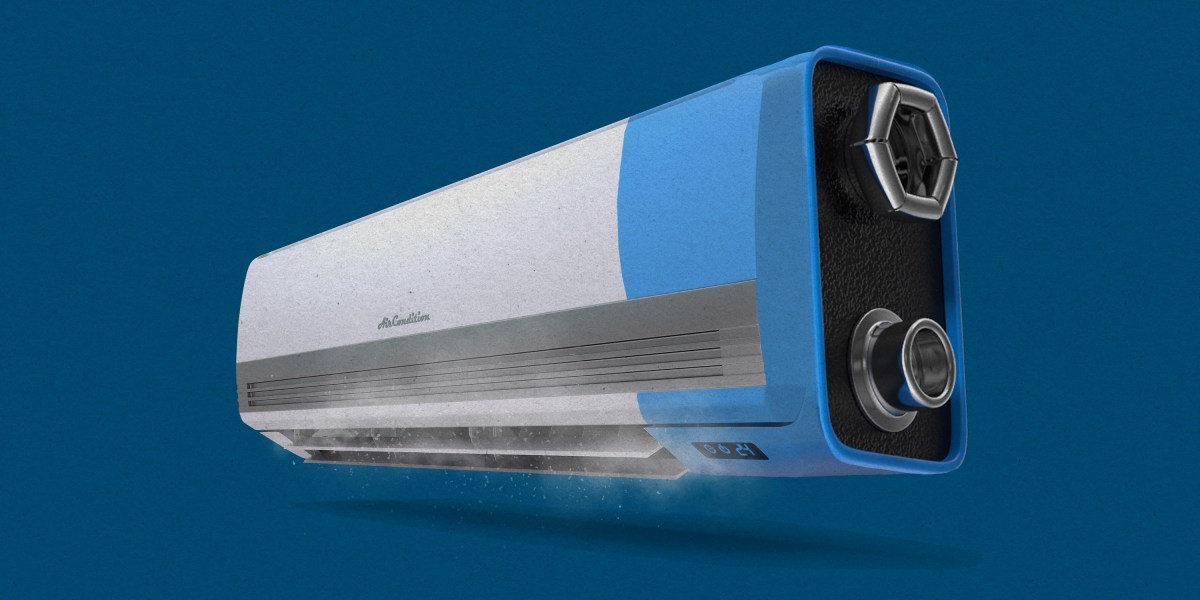Cooling represents 20% of global electricity demand in buildings, a share that’s expected to rise as the planet warms and more of the world turns to cooling technology. During peak demand hours, air conditioners can account for over half the total demand on the grid in some parts of the world today.
New cooling technologies that incorporate energy storage could help by charging themselves when renewable electricity is available and demand is low, and still providing cooling services when the grid is stressed.



Consider this excerpt:
So grid-powered a/c can give the grid relief at peak times with this tech.
But indeed this tech on a PV-powered compressor seems sketchy. There are probably moments when the sun is hitting hard but the temp has not climbed up yet (sunrise) in which case it would be useful to store the energy. But I’m struggling to understand how the complexity of the system would be justified considering the overall efficiency is reduced as well. I wonder what proportion of time this system would be working in storage mode. If sunrise is 9am and peak heat is 2pm, maybe there’s ~2—4 hours of storage time potential.
OTOH, consider someone with a slightly underpowered PV. Maybe the energy storage can compensate for peak heat times when the PV output may be insufficient. Perhaps it would enable homeowners to spend less on PV panels.
If you have a PV upon your house, the most effective power storage option will be a general power storage, not storing power within the aircon. Doing so, it‘s just accessible by one single device. Instead of all electric devices in the house.
I assume this aircon is targeting apartments in a residential block. But even here, I assume it makes more sense to run a small battery storage such as a camping storage for your apartment and offer power for all your devices, not just a single one.
Well that depends on how equipped you are. One cool thing about compressors is you can straight up connect a PV directly to a compressor with no voltage regulators or anything. So if you have a simple setup like that, I can see up front cost effectiveness in storing ice. But if you already have batteries, and thus voltage regulators and all the costly intermediate components to make that possible, then I would agree… I might rather store it in lead acid batteries as that would be more versatile.